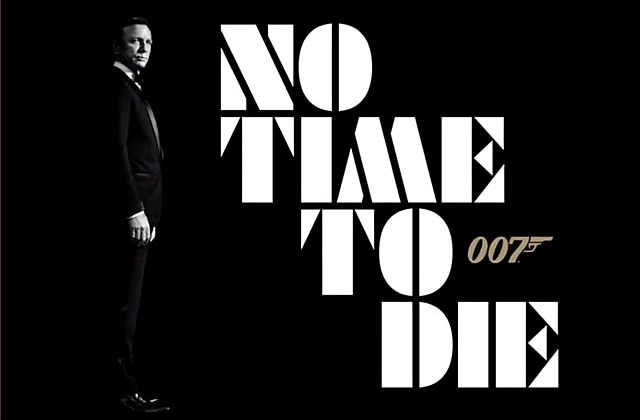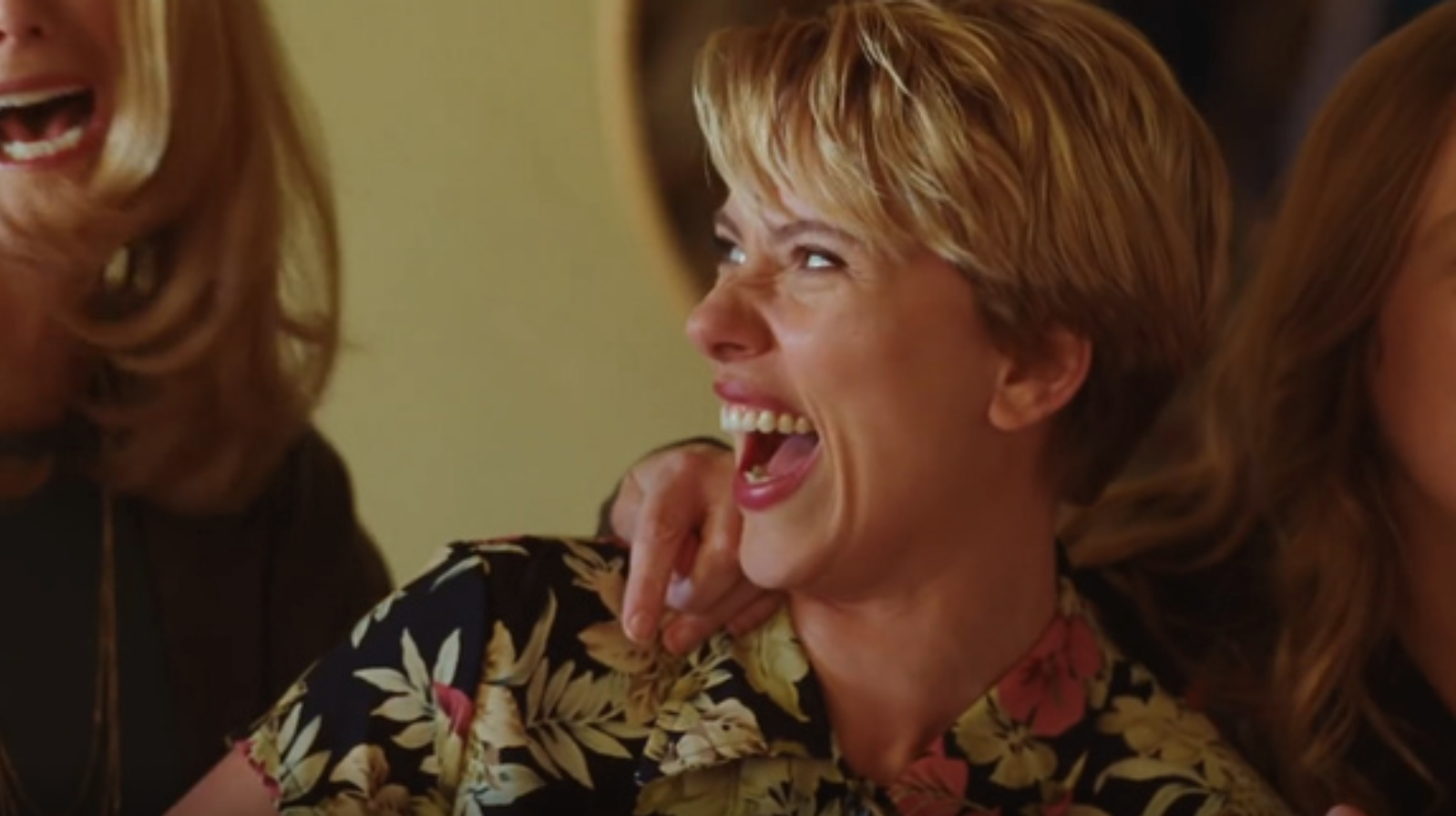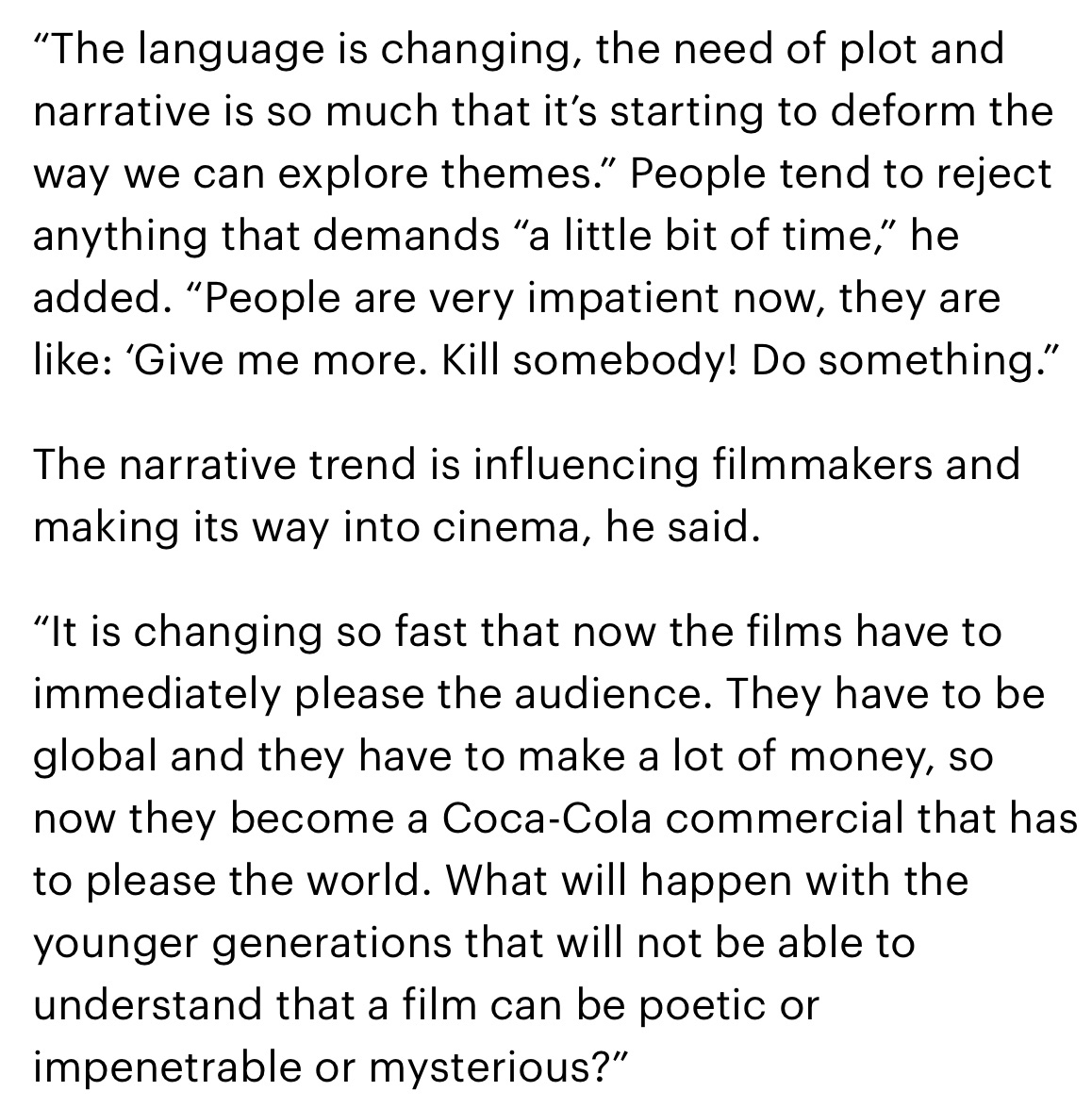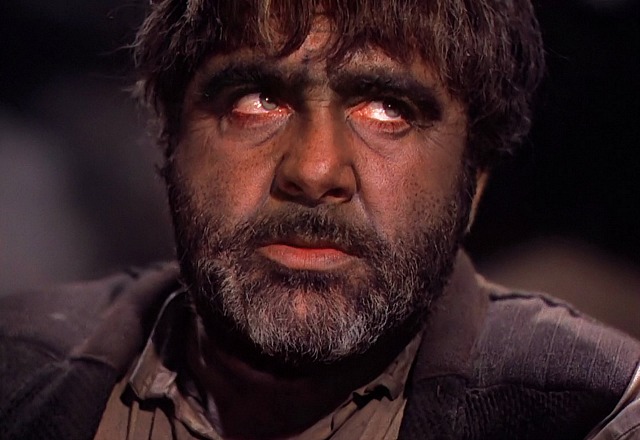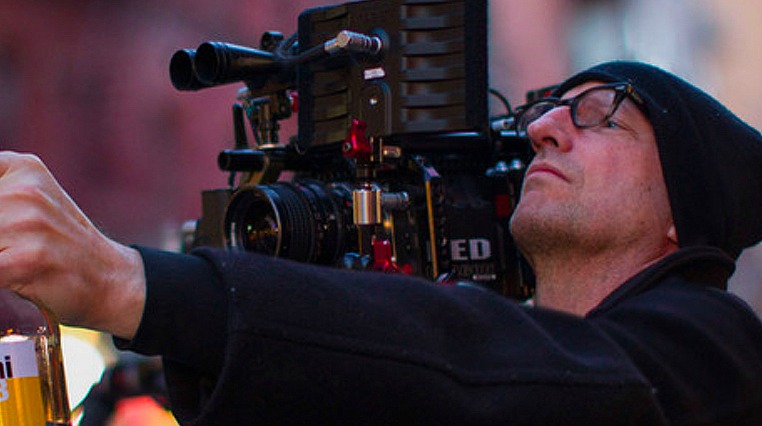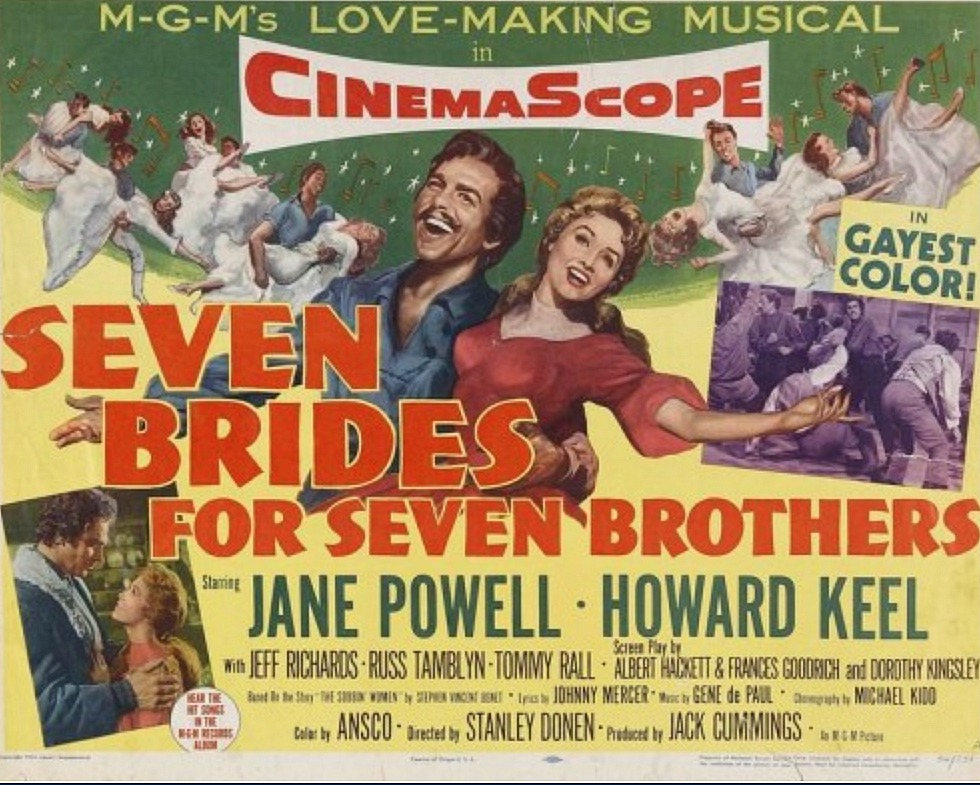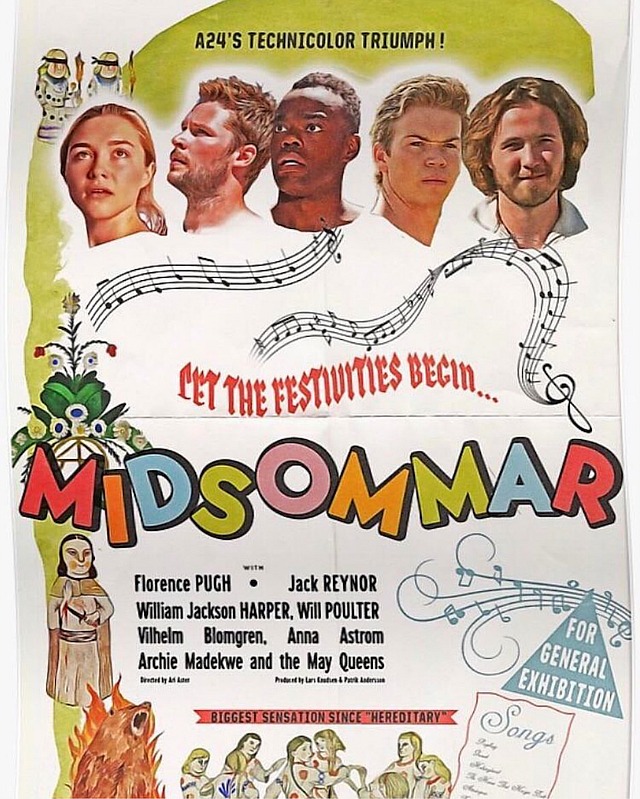The working-for-Trump experience “is sort of, to me, bizarre, but I’m not a psychiatrist so I can’t diagnose it. But everyone goes through the same [experience]. They’re trying to figure out a way to like him. There’s a gregariousness and a charm to his personality so you attach to those things. And then you realize there’s a level of malignancy, and by the time you get there it’s a little bit too late because there are a lot of brush fires going on. [If unchecked, the Trump effect] will essentially be non-recoverable. It’s one thing to have a recession. That is a bone break. But it’s another thing to rip up the social fabric of the United States. That’s a full-on metastatic malignancy, and it may terminate [the] patient. This guy is causing a major amount of damage to the country.” — Anthony Scaramucci interview on CSPAN, 8.19.19.
LISTEN to full interview here: https://t.co/FRj7MVViUX https://t.co/uvjR4lTicr
— CSPAN (@cspan) August 20, 2019

